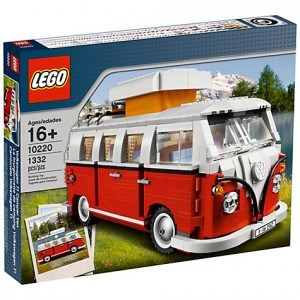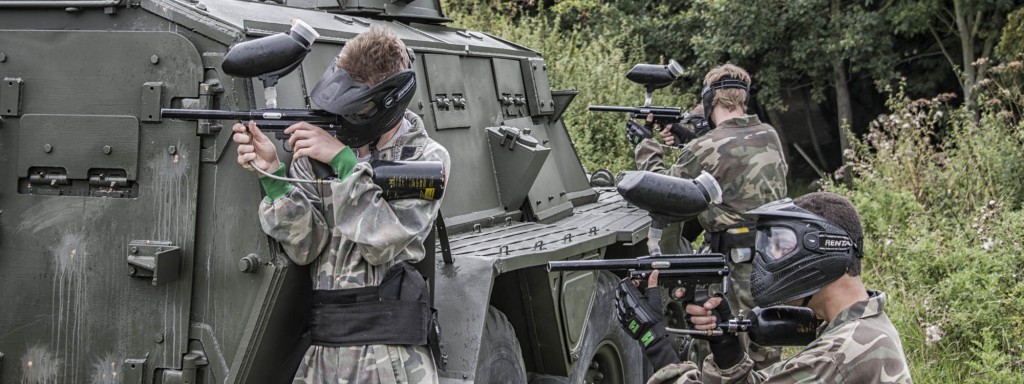The UK is heading for an obesity epidemic – the latest figures from the National Child Measurement Programme (NCMP) found that 9.1% of children in Reception (aged 4-5), were obese and another 12.8% were overweight.
It’s more important than ever to get the healthy eating message across as early as possible.
The trouble is, getting kids to eat healthily is a problem that’s been puzzling parents for generations, so here are some top tips to help teach children the importance of a good diet…

Separate the good from the bad
There are certain food types that are necessary for fuelling growth and development in children, they are:
- Protein
- Fruit
- Vegetables
- Grains
- Dairy products
Then there are those they can do without, so try to restrict anything that contains either of the following:
- Added sugar
- Saturated and trans fats
Once you’ve separated the good from the bad, it’s time to let the kids know what’s good for them.
Let the games begin
Supermarkets and children rarely mix well, but a weekly shop is a great place for food education to begin. So next time you go on a shopping trip, take the kids along and tell them whether the food you pick up is a hit (good), miss (bad) or maybe (has good and bad points) before it goes into the trolley.
The weekly shop may take a little longer but it’s a simple way to educate the kids and inform them of the choices you’re making.
Another game you could try is ‘where did I come from’? – whereby you pick a food at random from the pantry and ask the kids if they know where it came from, whether or not it’s good or bad for them, and why.
Healthy eating apps
If your kids are constantly hectoring you for the latest smartphone or tablet, installing some healthy eating apps could be the way to go, so check out these freebies:
Healthy heroes – (Android) In this adventure game ‘Yogolpolis’ is being attacked by hungry monsters (not the friendly, furry ones above) who will destroy everything until kids feed them fruits and vegetables.
Healthy food monsters – (iTunes) This healthy eating app makes learning about food fun for small children as they help some furry monsters find the healthy food and avoid all the unhealthy foods and snacks that want to give you a game over.
DinnerTime app – (Android/iTunes) This is a handy app that lets you ‘hack’ your child’s device to set a limit on how much time they’re spending on their tablet with helpful reminders they need to take a break, get to the dinner table and, of course, sleep.
Break out the books
With all that technology knocking about, it’s easy to forget all about the volumes of good old-fashioned books that have been helping educate kids and adults alike for years.
Keep an eye out for old classics like The Hungry Caterpillar, Green Eggs, and Ham, and Eat Your Peas – all of which are ideal for those fussy little eaters.
Get them in the kitchen
One of the best ways to get kids into the healthy-eating habit is to have them help make the food they eat – so get them in the kitchen before mealtime.
Not only can you teach them the importance of food hygiene and proper preparation, you can tell them why you’re cooking the food like you are and the health benefits of everything you eat.
Have you got any top tips to help encourage the healthy-eating habit? Let us know…





